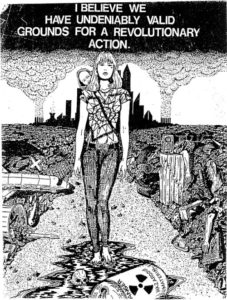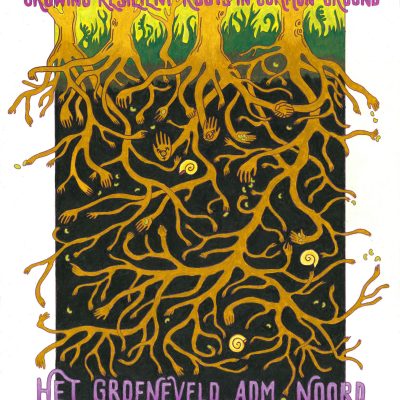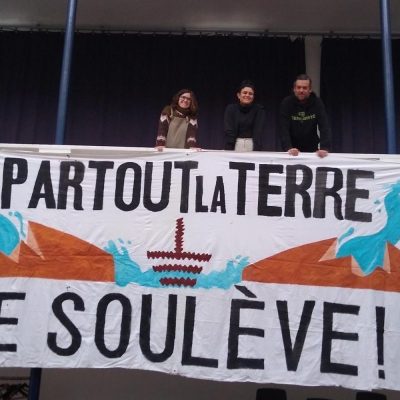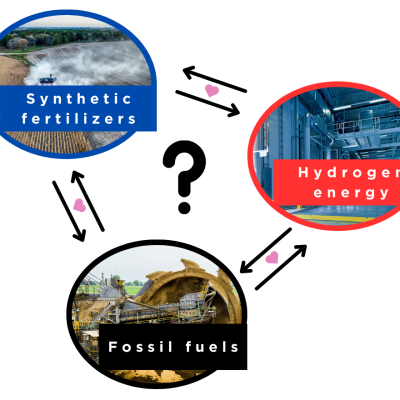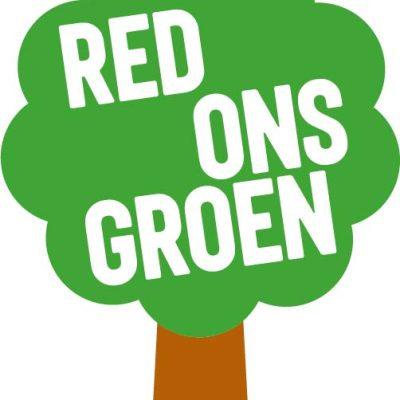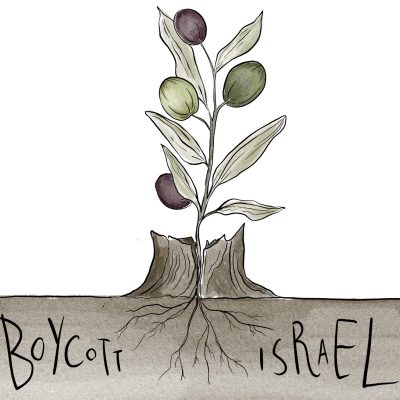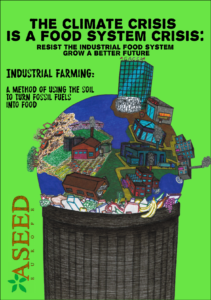 “The climate crisis is a food system crisis” is a new publication from ASEED that outlines the climate impacts of the industrial food system and how a select few transnational corporations maintain hegemony over their food empires and our lives with the complicity of governing elites. It also considers food sovereignty and agroecology as urgent, alternative models for orienting our social, political, and economic relations away from the rule of capital, towards one focused on meeting human needs in harmony with our surrounding ecologies.
“The climate crisis is a food system crisis” is a new publication from ASEED that outlines the climate impacts of the industrial food system and how a select few transnational corporations maintain hegemony over their food empires and our lives with the complicity of governing elites. It also considers food sovereignty and agroecology as urgent, alternative models for orienting our social, political, and economic relations away from the rule of capital, towards one focused on meeting human needs in harmony with our surrounding ecologies.
The industrial food system as a whole is responsible for around half of global greenhouse gas emissions. It destroys biodiversity, clears forests, depletes and pollutes increasingly scarce water sources, creates oceanic dead zones, and erodes our soils to dust. It decimates rural livelihoods, facilitates the ongoing genocide of indigenous peoples, and locks billions into a system where their survival (and liberty) is based upon their purchasing power. It turns people into consumers, farmers into factory workers, and livestock into machines.
There is no ¨solution¨ to our climate crisis without recognising the fundamental role food plays in the oppressive relations that have made climate change a reality.
The industrial food system is not able to grow its way out of the climate crisis, but we are.
If you want to order (or help distribute) a print copy of ASEED´s booklet then get in touch with us (climate@aseed.net) or come by our office at Plantage Doklaan 12A, 1018 CM Amsterdam. You can find a digital version of the booklet here.
UPDATE: we have made an version in German as well, both printed and digital: ‘Die KlimaKrise ist eine Krise des Lebensmittelsystems – Leistet dem industriellen Lebensmittelsystem Widerstand, um eine bessere Zukunft zu kultivieren’. This was a huge translation job! If people who are good at translating text are willing to help we could publish a Dutch edition as well.

